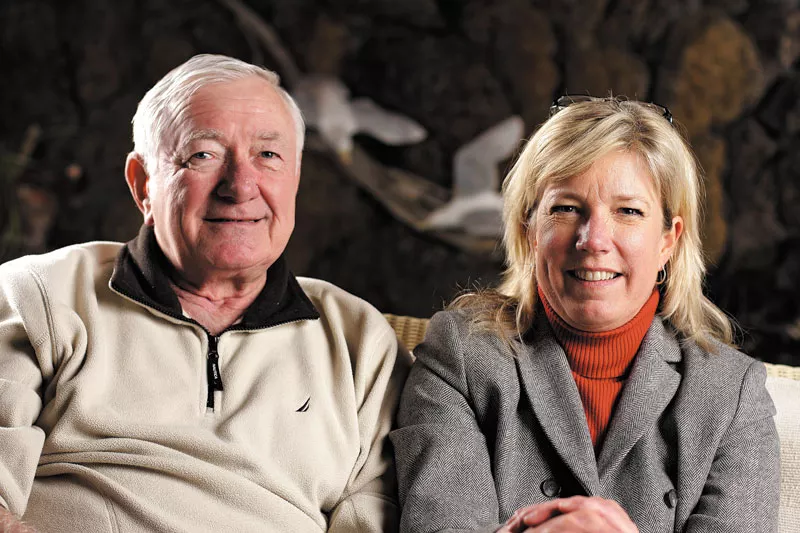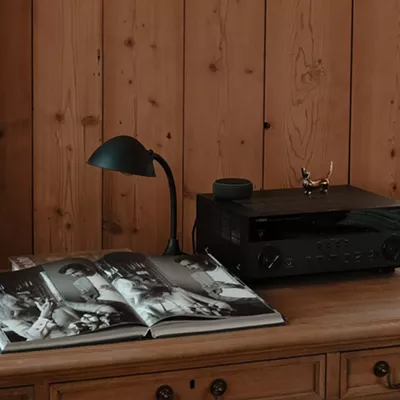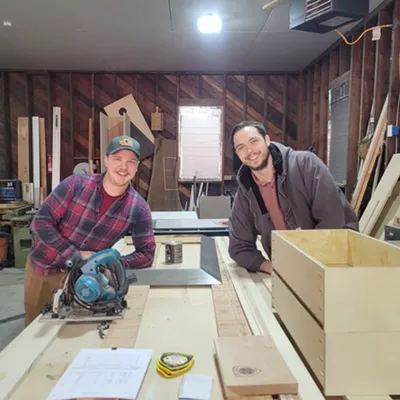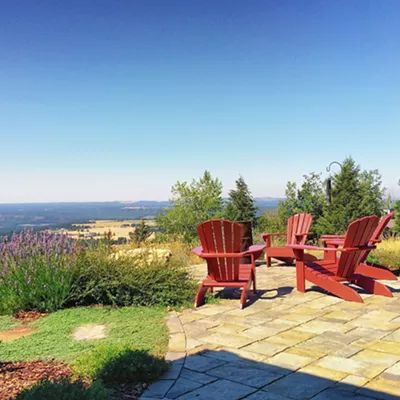Melinda Denton and Terry Judge sit on a white rattan settee in Judge’s Spokane living room, telling of their adventures in distant places like Malta and Glasgow.
Malta, Montana, to be clear.
“I didn’t realize how remote the Northwest still is,” Denton says, until she started flying into its sparsely populated hinterlands.
We often think of these United States as interconnected webs of highways. Pilots think of them as the nodes of airports, commercial and private. Spokane International. Felts Field.
The work Denton and Judge do, though, often has them doing the aeronautical equivalent of off-roading.
Judge tells a story about flying to remotest Eastern Montana and landing his Cessna 182 on what he characterizes as “just a strip for the farmers.”
He had flown out there to pick up a child with a club foot, who was receiving treatment at the Shriners Hospital in Spokane. “The parents were a camp cook and a cowboy,” Judge says, “not people of means.”
Before pilots like Judge were around to fly them to and fro, people with ailments like this (and their guardians) would have to find a way to cover 1,000 or more miles to receive treatments that sometimes only take an hour or two.
That was the case with the camp cook and the cowboy, who regularly had to plan for a days-long, multiple-leg journey to Spokane and back, including hotel stays. Judge was able to get them in and back in a day, free of charge. “We saved them $1800,” Judge says, and untold hours of travel.
It’s a story that repeats, all told, some 4,100 times a year in the west. Volunteer pilots like Judge and Denton, flying for a service called Angel Flight West, ferry patients, blood, tissue and sometimes even organs, mostly “from rural areas into academic centers.”
And while it may seem as though this would be a service absolutely burdened down by the needy, it’s not. Judge spends his days giving presentations to various medical organizations, in the hopes that they’ll begin to use Angel Flight’s services.
Denton, the wingleader of Angel Flight in Washington, puts it succinctly, “We’re looking for business.”
Angel Flight is not MedStar. Denton and Judge want to make that clear. Judge is a retired cardiologist, but Denton is in real estate. “If a patient codes on my plane,” she says, “they continue coding. Patients have to be medically stable.”
“Which is not the same as ‘well’,” Judge clarifies.
The western branch of Angel Flight has flown nearly 50,000 total flights since its inception in 1983 (Washington’s branch began a little more than 12 years ago) without a single crash. Its pilots donate 100 percent of their fuel and time.
Angel Flight’s missions are usually medical in nature — whether it’s treatment transport or shuttling loved ones to visit terminal relatives one final time.
But not always.
Denton once flew a woman from Missoula — she was originally from Alabama — to the YWCA in Spokane. “She had a garbage bag [of belongings] and a baby,” Denton says, “She was fleeing from a guy.”
These are flights of compassion, efforts made to make the difficult lives of struggling people a little more manageable.
The payoff, both Denton and Judge say, is obvious. “The secret is this,” Judge says, “Pilots are born with an abnormal chromosome where you have to fly planes.” To be able to fly them in the service of others is just icing on the cake.
Denton says one of the first people she flew was a child named Abbey, who was staying at the Ronald McDonald House in Spokane while fighting leukemia. Once up in the air, Denton says, “I hear the voice of this sick little girl say, ‘Oooh, mom, look what God has created.’
“It’s those flights that remind you,” Denton concludes, “how lucky you are and how these guys can appreciate the things we take for granted.”
Learn more at www.angelflight.org
















